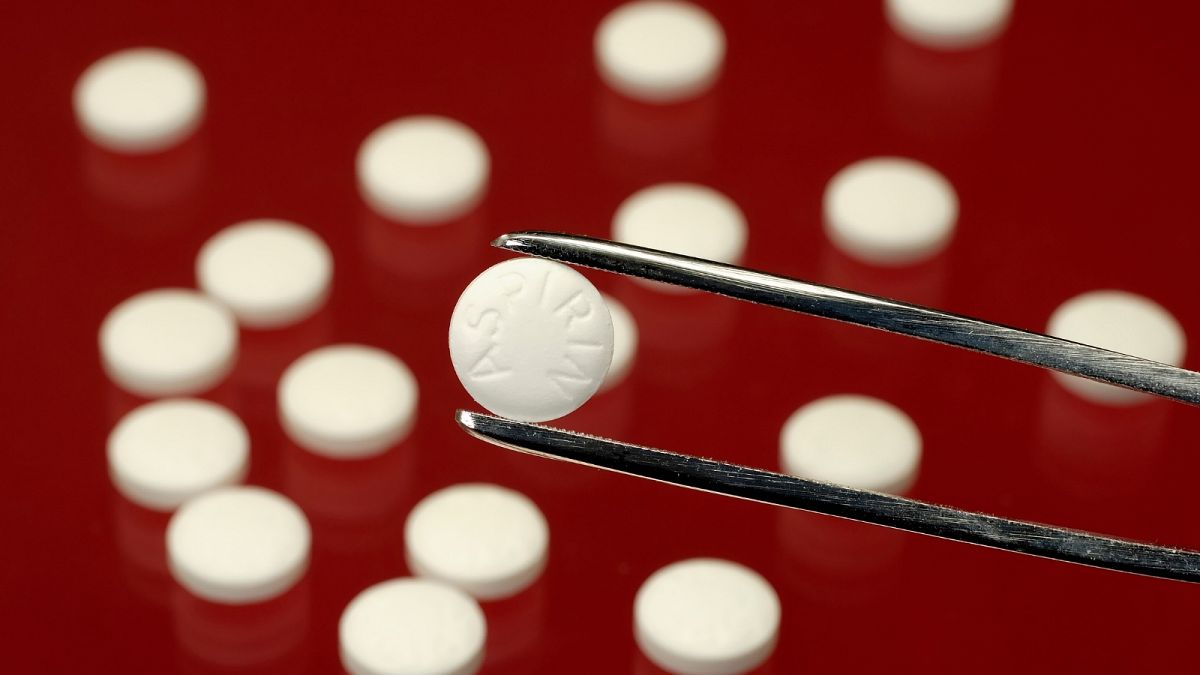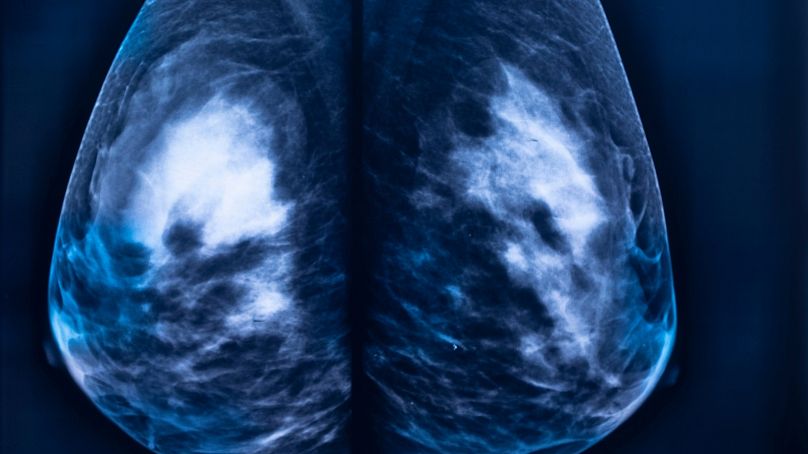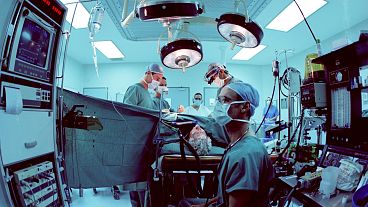A new study is looking at how the everyday painkiller could improve the effectiveness of other drugs in treating breast cancer.
Taking aspirin with immunotherapy drugs could improve their effectiveness in people being treated for aggressive forms of breast cancer.
The cheap and massed produced painkiller is being tested in a new clinical trial alongside the drug avelumab to determine whether it can make tumours more responsive to immunotherapy in patients suffering with incurable secondary triple negative breast cancer.
It’s believed that by using aspirin and avelumab together, the drug combination can prevent more people from dying from the disease.
The study is the first clinical trial to examine aspirin’s effect on tumour’s sensitivity to immunotherapy and could potentially become part of new treatments for this type of breast cancer.
If the results of the initial trials are positive, then further clinical trials on aspirin and avelumab will be conducted on triple negative breast cancer tumours.
The study, which is being funded by the Breast Cancer Now Catalyst Programme, aims to accelerate progress already being made in breast cancer research.
The Catalyst Programme is progressing breast cancer research through 28 innovative breast cancer research projects, that include clinical trials, taking place across the UK and Europe.
Their aim is to provide better treatment options for breast cancer patients.
What is Triple Negative Breast Cancer?
Triple negative breast cancer refers to the group of breast cancers that lack the three molecules used to classify the disease. This includes the oestrogen receptor (ER-), the progesterone receptor (PR-), and human epidermal growth factor receptor 2 (HER2).
Secondary triple negative breast cancer affects up to 8,000 women in the UK each year, with younger women and black women disproportionately affected.
Research has shown that the risk of triple negative breast cancer coming back or spreading is higher than some types of breast cancer in the first few years. After five years, the risks are similar to (or lower than) other types of breast cancer.
"Not all breast cancers respond well to immunotherapy. Our earlier research has suggested that aspirin can make certain types of immunotherapy more effective by preventing the cancer from making substances that weaken the immune response," Dr Anne Armstrong, Consultant Medical Oncologist and Honorary Senior Lecturer at The Christie NHS Foundation Trust in Manchester and the study’s leader, said.
"Trialling the use of a drug like aspirin is exciting because it is so widely available and inexpensive to produce.
"We hope our trial will show that, when combined with immunotherapy, aspirin can enhance its effects and may ultimately provide a safe new way to treat breast cancer".
Links to reducing cancer deaths
This is not the first time that aspirin has been theorised to alleviate the effects of cancer.
In a meta-analysis study from Cardiff University on existing published studies, researchers linked taking aspirin to a reduction in cancer deaths.
The review and analysis of 118 published observational studies in patients with 18 different cancers demonstrated that around 20 per cent more of the patients who took aspirin for other health reasons were likely to be alive compared with those patients not taking aspirin.
"This trial is one of many exciting research projects being funded through The Breast Cancer Now Catalyst Programme," said Dr Simon Vincent, Director of Research, Support and Influencing at Breast Cancer Now.
"Charity-funded medical research has been served a huge blow by both Brexit and the COVID-19 pandemic, but through this Programme we are continuing to accelerate progress in world-class breast cancer research".




